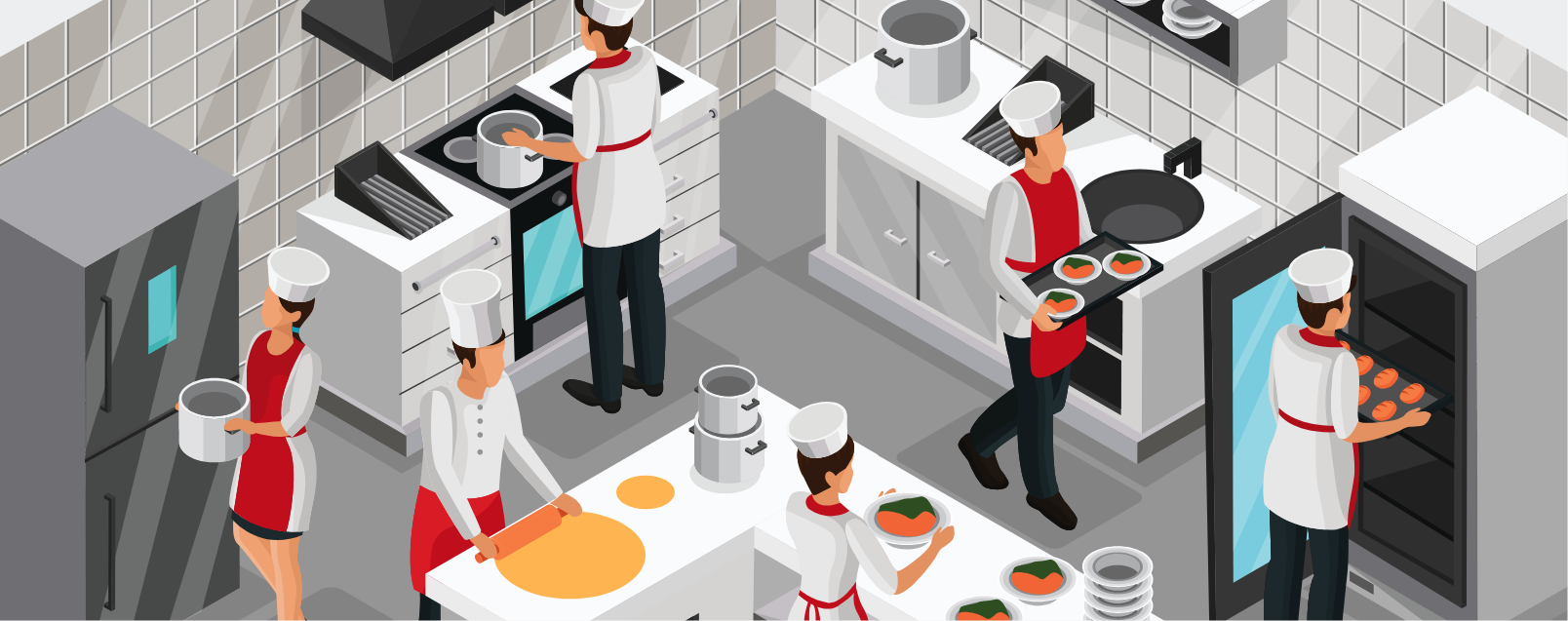Success and empathy stem from doing it yourself
It’s seven o’clock, and the bustling kitchen is not going to wait for me to catch up. I have a steel bowl, filled to the brim with celery stalks, and my task is to slice them over a mandolin into small crescents. The sous-chef is watching over the kitchen, ensuring that everyone is on track. Each person has a very specific job, and each has a part to play in the well-oiled machinery of the restaurant.

The sous-chef spots my panic from the corner of her eye and me grabs another mandolin to help me. This moment stuck with me because the second in command of the kitchen was willing to work on the same task as me, a lowly apprentice, in service of the greater goal – delivering an outstanding dining experience for our customers.

More importantly though, this experience demonstrated to me that in order to be a strong leader, in any field, having a solid understanding of your work from the ground up is invaluable. The sous-chef had once been in a similar position as me. That meant; she knew instinctively the amount of time and effort that prep-work for the café would take, and she realized that I wouldn’t be able to finish it on my own. Her training and experience - of having done the same work herself - allowed her to develop the understanding and empathy to lead a kitchen.

Gaining experience by doing things for yourself does not have to come directly from a job. Household tasks such as washing dishes, preparing meals, making the bed, and doing the laundry and ironing are examples of tasks that can prepare you for success. These tasks are particularly helpful in developing skills such as time, resource, and asset management. They also offer opportunities to learn from mistakes and be resourceful if things do not go according to plan. Even though doing these tasks for yourself does not directly translate into financial success, developing an understanding of how to make something from scratch or how to manage a customer complaint with empathy will help you succeed in any field.
I was fortunate that my supervisor had done the work herself before and could empathize. If my supervisor had been a sous-chef without line experience, she may not have been so understanding. In that case, my fumbling fingers could have been a sign of laziness or incompetence rather than inexperience.
At the end of the day, even though the sous-chef didn’t have to help me, she chose to help. That very act demonstrated to me the value of sharing your mentorship once you’ve learned something and gained experience through practice. Learning by doing is one of the best ways to build the muscle of empathy and lay the foundation for success.
Xavier Talwatte contributed to this article.